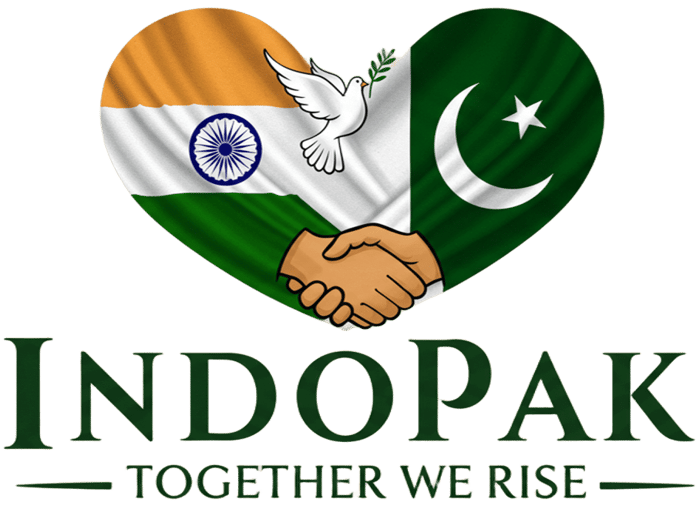Indo-Pak Cooperation
Building trust through dialogue, trade, and cultural exchange for lasting peace and prosperity.
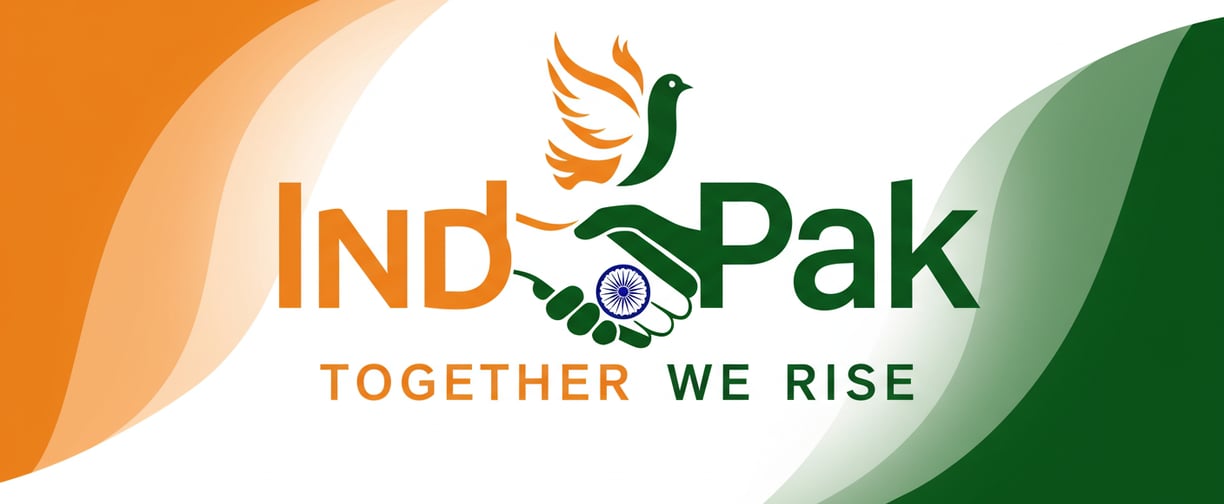

Indo-Pak Cooperation
Indo-Pak Cooperation: Fostering Peace through Dialogue, Trade, and Cultural Exchange
Indo-Pak cooperation is essential for fostering long-term peace and stability in the region. By prioritizing consistent dialogue, both nations can address critical issues and prevent misunderstandings. Strengthening trade relations can create economic interdependence, making cooperation more beneficial than conflict. Simultaneously, cultural exchanges—through festivals, sports, and shared artistic initiatives—humanize both sides, bridging gaps and fostering mutual respect. Together, these efforts build trust, reduce hostilities, and lay the foundation for a peaceful, prosperous relationship between India and Pakistan.
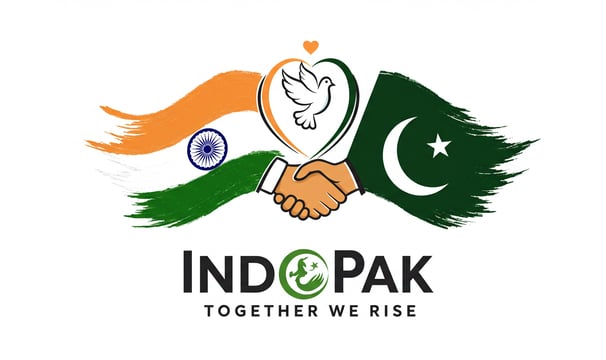

Cultural Collaboration
Building Trust through Festivals, Exchanges, and Sports Initiatives
Cultural collaboration between India and Pakistan holds the power to soften hardened perceptions and foster emotional connections. Joint celebrations of shared festivals, such as Eid, Diwali, and Basant, can highlight common traditions that transcend borders. Student and artist exchange programs, literary collaborations, and cross-border film and music festivals allow citizens to experience each other's stories and creativity firsthand. Sports diplomacy—especially through cricket and hockey—can transform rivalry into camaraderie, promoting unity through shared passion. These people-to-people initiatives create avenues for mutual respect and understanding, laying the groundwork for lasting peace.
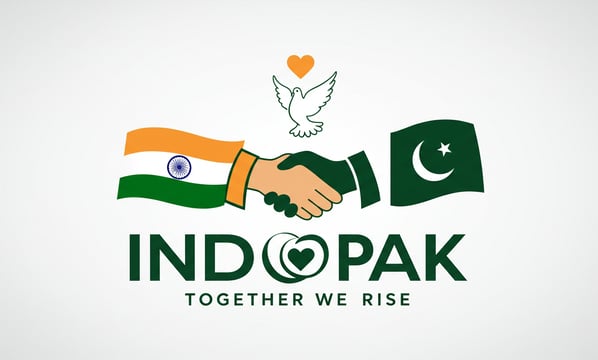

Economic Interdependence
Reviving Trade Relations for Mutual Economic Benefits and Growth
Economic interdependence offers a powerful pathway to stability between India and Pakistan. By reviving and expanding bilateral trade, both nations can unlock significant economic benefits, create jobs, and boost regional prosperity. Streamlining customs processes, reopening trade routes, and encouraging business partnerships in sectors like textiles, agriculture, and IT can foster economic ties that make peace more profitable than conflict. Shared markets and cross-border investments not only strengthen economic resilience but also cultivate a sense of mutual reliance that discourages hostility and supports long-term cooperation.
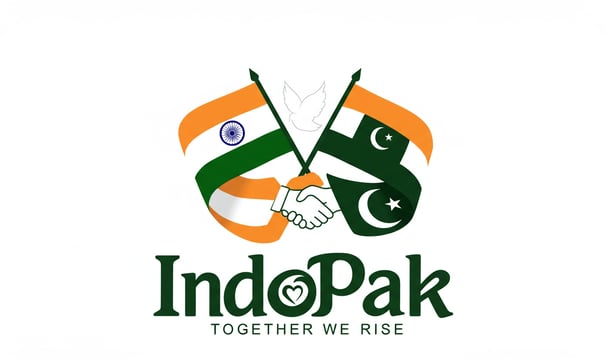

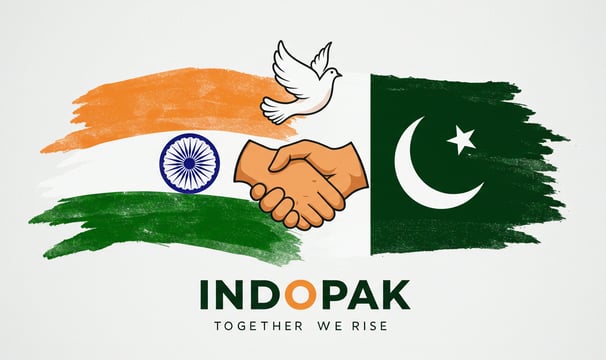

Diplomatic Dialogue
Engaging in Regular Talks to Resolve Key Contentious Issues
Diplomatic dialogue is the cornerstone of lasting peace between India and Pakistan. Regular, structured talks at political, military, and civil society levels are essential for addressing long-standing issues such as Kashmir, cross-border terrorism, and water disputes. Open channels of communication help reduce misunderstandings, manage crises, and build trust over time. By institutionalizing dialogue and committing to peaceful conflict resolution, both nations can move beyond reactive posturing toward constructive engagement—paving the way for a more stable and cooperative future.
Political Engagement
Strengthening Ties through Bilateral Talks and Multilateral Efforts
Political engagement plays a vital role in transforming Indo-Pak relations. Through high-level bilateral talks and active participation in multilateral forums, both nations can address sensitive issues and explore areas of cooperation. Leadership commitment to peace, supported by backchannel diplomacy and regional partnerships, can help break deadlocks and foster mutual understanding. When political will aligns with public interest, it opens the door to meaningful dialogue, conflict resolution, and the possibility of a peaceful and prosperous South Asia.
